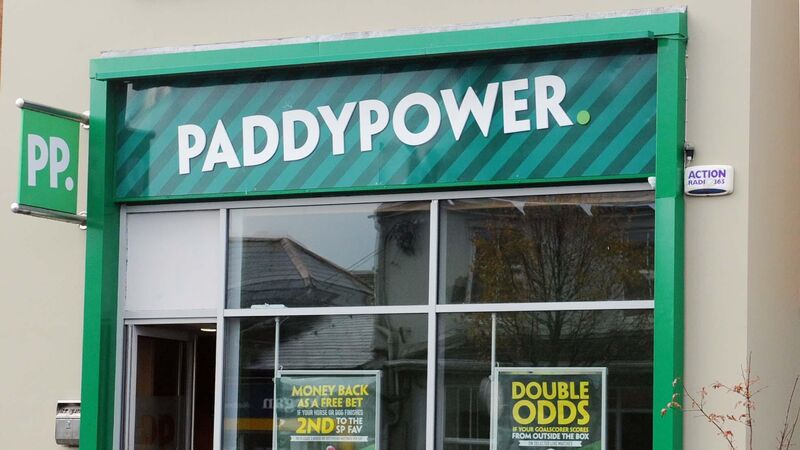Colin Sheridan: Bookies provide a social sanctuary in towns and villages

Paddy Power will shut almost one in 10 of its shops — 28 in the Republic, one in the North, and 28 in the UK. Picture: Denis Minihane
They used to call them ‘turf accountants’, which is a bit like calling a pub a ‘hydration consultancy’.
Yet the euphemism always felt apt: you walked in with a handful of hopes and walked out with a receipt. Accounted for — if not always reconciled.











